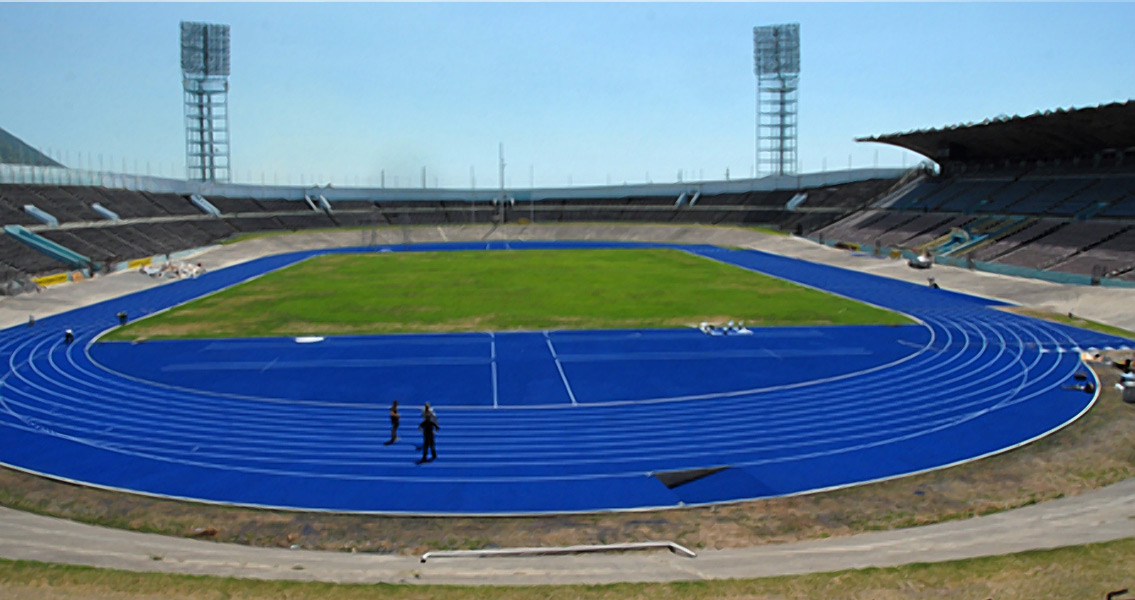<![CDATA[6th August marks Jamaican Independence today, when the country celebrates the anniversary of the end of 300 years of British rule over the island. At midnight on 5th August, 1962, the Union Jack was lowered in Jamaica's capital, Kingston, for the last time and replaced with the modern Jamaican flag. Jamaican Independence Day is therefore celebrated on 6th August, the first day of freedom. The annual event sees the country's citizens celebrate the historic moment and commemorate all those who died to achieve it, with street parades and parties. Little is known about Jamaica prior to the arrival of European settlers. Around 600 CE a culture known as the 'Redware people' settled on the island, most likely migrating from islands elsewhere in the Caribbean. Hardly any evidence of their culture remains however, aside from the pieces of red pottery which have since given them their name. They were followed by the Taino, who built up an economy based on the cultivation of maize and cassava, and fishing. At their peak some 60,000 Taino inhabited the island. Christopher Columbus sighted what is now Jamaica in 1494, but for nearly two decades it was largely ignored until Juan de Esquivel founded the first permanent Spanish colony there. Over the following decades the Spanish colonists enslaved some of the Taino, but the vast majority died through European exploitation, brutality or the spread of unfamiliar diseases. By the early seventeenth century there were virtually no Taino left on the island, and the Spanish colonists had started to import African slaves. The island was captured in 1655 by an English expedition which started to force out the Spanish colonists. In 1670, the signing of the Treaty of Madrid confirmed the island as an English possession. It quickly became one of England's most valuable colonies, a crucial centre for agricultural production which produced and processed indigo, sugar and cacao. It also became a centre of the British slave trade, following the establishment of the Royal African Company in 1672. In 1866, thirty two years after Britain had abolished the slave trade, Jamaica was declared a crown colony, meaning it was run by a governor appointed by the Queen. Gradual political changes were introduced which saw the slow implementation of representative government on Jamaica. However, by the start of the twentieth century the population of the island had grown frustrated at the continued dominance of Britain in matters of government, agriculture, the economy, policing and the judicial system. Black nationalist and Pan-Africanist ideas increasingly gained popularity among the African diaspora on Jamaica, while at the same time those with mixed or European ancestry grew more and more dissatisfied with the lack of representation in the crown colony system. The onset of the Great Depression pushed tensions to tipping point, and in 1938 a series of riots erupted throughout Jamaica. Following the crisis new political parties started to form, the People's National Party in 1938, and the Jamaican Labour Party in 1943. The new parties, which both advocated self determination, grew in popularity and put pressure on Britain to relinquish its hold over Jamaica. The nationalist cause was triumphant in 1944 when Jamaica held its first election based on universal suffrage to elect an executive council. Jamaica's self government gradually extended, taking on greater responsibility for the running of the country. Finally, on 6th August 1962, Jamaica won freedom from British rule, and the first Jamaican Independence Day was celebrated. Image courtesy of Wikimedia Commons user: Cm 1962 ]]>
Jamaican Independence Day
